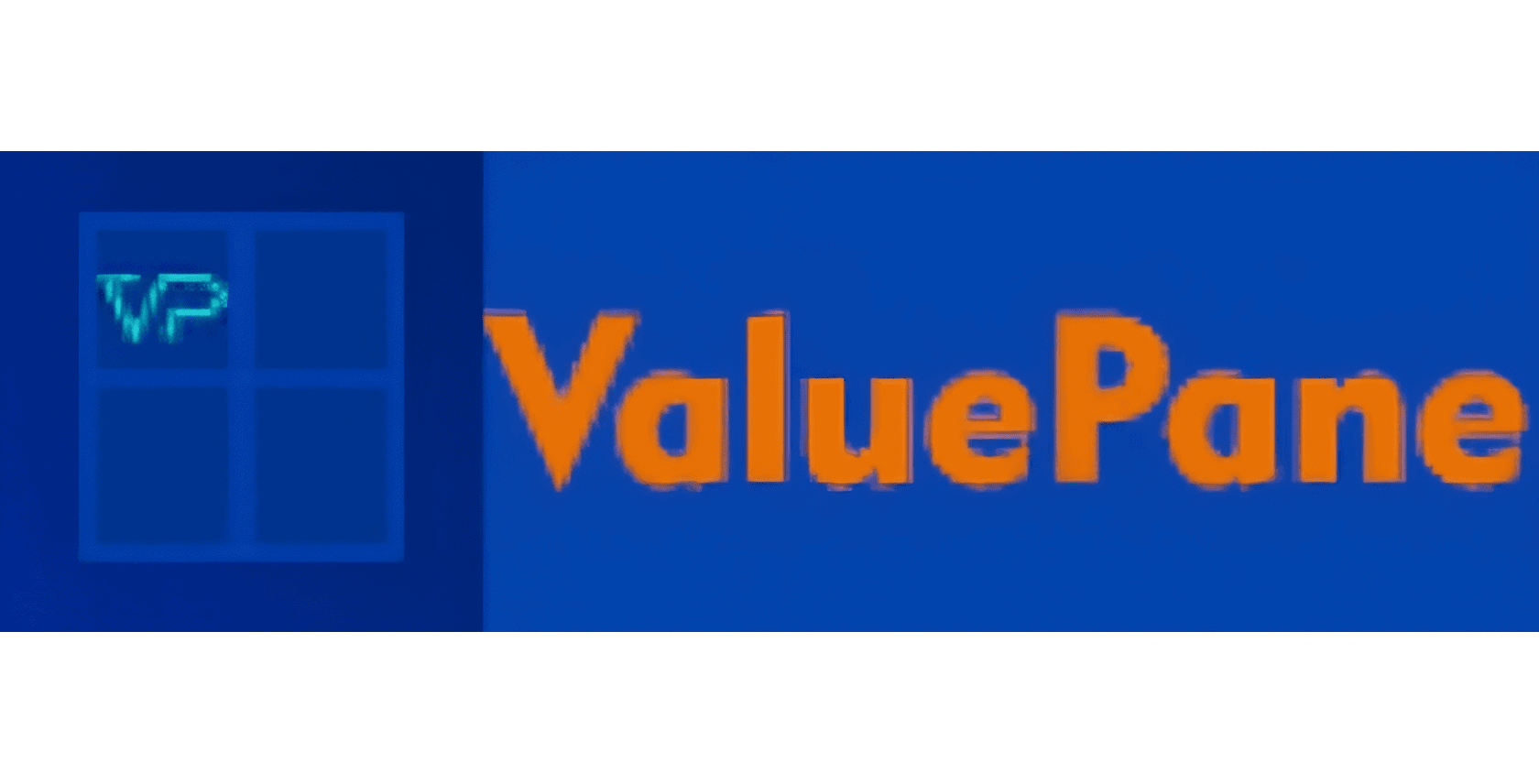If you are reading this post, chances are that you have already heard of Virtual Private Networks (aka, VPN) and you are curious to know more. Or, maybe you are concerned about your online privacy and security, or you want to access some content that is not available in your region and want to bypass some internet restrictions.
Whatever your reason, in this post, I will detail on; what is a VPN and why should you use it. By the end of this post, you will have a better understanding of VPNs, how they work, and how they can benefit you.

The internet is a wonderful place, full of information, entertainment, and opportunities. However, it is also a place where your privacy and security are constantly under threat.
Every time you go online, you leave a trail of data that can be tracked, collected, and used by various parties, such as advertisers, hackers, governments, and internet service providers (ISPs). These parties can monitor your online activities, access your personal information, and even manipulate your online experience. For example, they can:
- Show you targeted ads based on your browsing history and preferences.
- Steal your identity, passwords, credit card details, and other sensitive data.
- Censor or block your access to certain websites, apps, or services.
- Throttle or slow down your internet speed based on your usage or location.
These are just some of the risks that you face when you go online without any protection. Fortunately, there is a way to protect yourself from these threats and enjoy a more private and secure online experience. That way is using a VPN.
Table of Contents
What is a VPN?
A VPN, or Virtual Private Network, is a service that creates a secure and encrypted connection between your device and a remote server on the internet. A VPN acts like a tunnel for your internet traffic, hiding it from anyone who might want to see it. A VPN also changes your IP address, which is a unique identifier that reveals your location and identity on the internet. By changing your IP address, a VPN makes you appear as if you are accessing the internet from a different location and device, masking your true identity and location.
Why Use a VPN?
There are many benefits of using a VPN, depending on your needs and goals. Here are some of the most common reasons why people use VPNs:
- Protect your privacy from online tracking and surveillance. A VPN prevents anyone from seeing your online activities, such as the websites you visit, the files you download, the messages you send, and the searches you make. A VPN also prevents anyone from accessing your personal information, such as your name, email, phone number, and address. A VPN encrypts your data and makes it unreadable to anyone who might intercept it. A VPN also hides your IP address and makes you anonymous on the internet. With a VPN, you can browse the web without worrying about being tracked, monitored, or spied on by anyone.
- Secure your online activities on public Wi-Fi networks. A VPN protects you from the dangers of using public Wi-Fi networks, such as those in cafes, hotels, airports, and libraries. Public Wi-Fi networks are often unsecured and vulnerable to hackers, who can easily access your device and data. A VPN creates a secure connection between your device and the internet, preventing hackers from accessing your device and data. A VPN also encrypts your data and makes it unreadable to hackers. With a VPN, you can use public Wi-Fi networks without risking your security.
- Access geo-restricted content from anywhere in the world. A Virtual Private Network allows you to access content that is not available in your region, such as websites, apps, services, and media. A VPN does this by changing your IP address and making you appear as if you are accessing the internet from a different location. For example, if you want to watch a show that is only available on Netflix US, you can use a VPN to connect to a server in the US and access Netflix US. A VPN also allows you to bypass geo-restrictions imposed by governments, ISPs, or other parties. With a VPN, you can access the internet without any limitations or barriers.
- Bypass censorship and internet restrictions. A VPN allows you to bypass censorship and internet restrictions that are imposed by governments, ISPs, or other parties. These restrictions can prevent you from accessing certain websites, apps, services, or information that you want or need. For example, if you live in a country where social media platforms like Facebook, Twitter, or YouTube are blocked, you can use a VPN to connect to a server in another country and access these platforms. A VPN also allows you to bypass firewalls and filters that are used by schools, workplaces, or other organizations. With a VPN, you can access the internet without any censorship or interference.
How VPN Works
A VPN works by creating a secure and encrypted connection between your device and a remote server on the internet. The VPN server acts as a middleman between your device and the internet, routing your traffic through the server. Here is a step-by-step explanation of the VPN connection process:
When you want to use a VPN, you first need to download and install a VPN app on your device. The VPN app will allow you to choose a server from a list of locations around the world. You can also customize your VPN settings, such as the encryption protocol, the kill switch, and the split tunneling.
Once you have chosen a server and activated the VPN app, the app will create a secure and encrypted connection between your device and the VPN server. This connection is called a VPN tunnel, and it protects your data from anyone who might want to see it.
When you browse the web or use any online service, your device will send your data to the VPN server, which will encrypt it and forward it to the internet. The VPN server will also change your IP address and make you appear as if you are accessing the internet from the server’s location. This way, you can access any content that is available in that location, and hide your true identity and location from anyone who might want to know it.
When you receive data from the internet, such as a website, an app, or a service, the VPN server will receive it first, decrypt it, and send it back to your device. The VPN server will also filter out any unwanted or malicious data, such as ads, trackers, malware, or viruses. This way, you can enjoy a more secure and private online experience.
Infographic to illustrate how VPN works

Does a VPN Harm Your Device
A VPN does not harm or slow down your PC or mobile device. In fact, a VPN can improve your device’s performance by blocking unwanted or malicious data, such as ads, trackers, malware, or viruses.
However, a VPN can affect your internet speed, depending on various factors, such as the distance between your device and the VPN server, the encryption protocol, the server load, and the network congestion. To minimize the impact of a VPN on your internet speed, you can choose a server that is close to your location, use a fast and secure encryption protocol, and avoid peak hours or high-demand locations.
Conclusion
Using a VPN is one of the best ways to protect your online privacy and security, and enjoy a more free and open internet. With a VPN, you can browse the web without worrying about being tracked, monitored, spied on, hacked, censored, or blocked by anyone. You can also access any content that you want or need, from anywhere in the world. A VPN is a must-have tool for anyone who values their online privacy and security, and wants to take control of their online experience.
I hope you found this blog post informative. If you want to learn more about how to choose a VPN provider that meets your needs, it is there in our next post.




